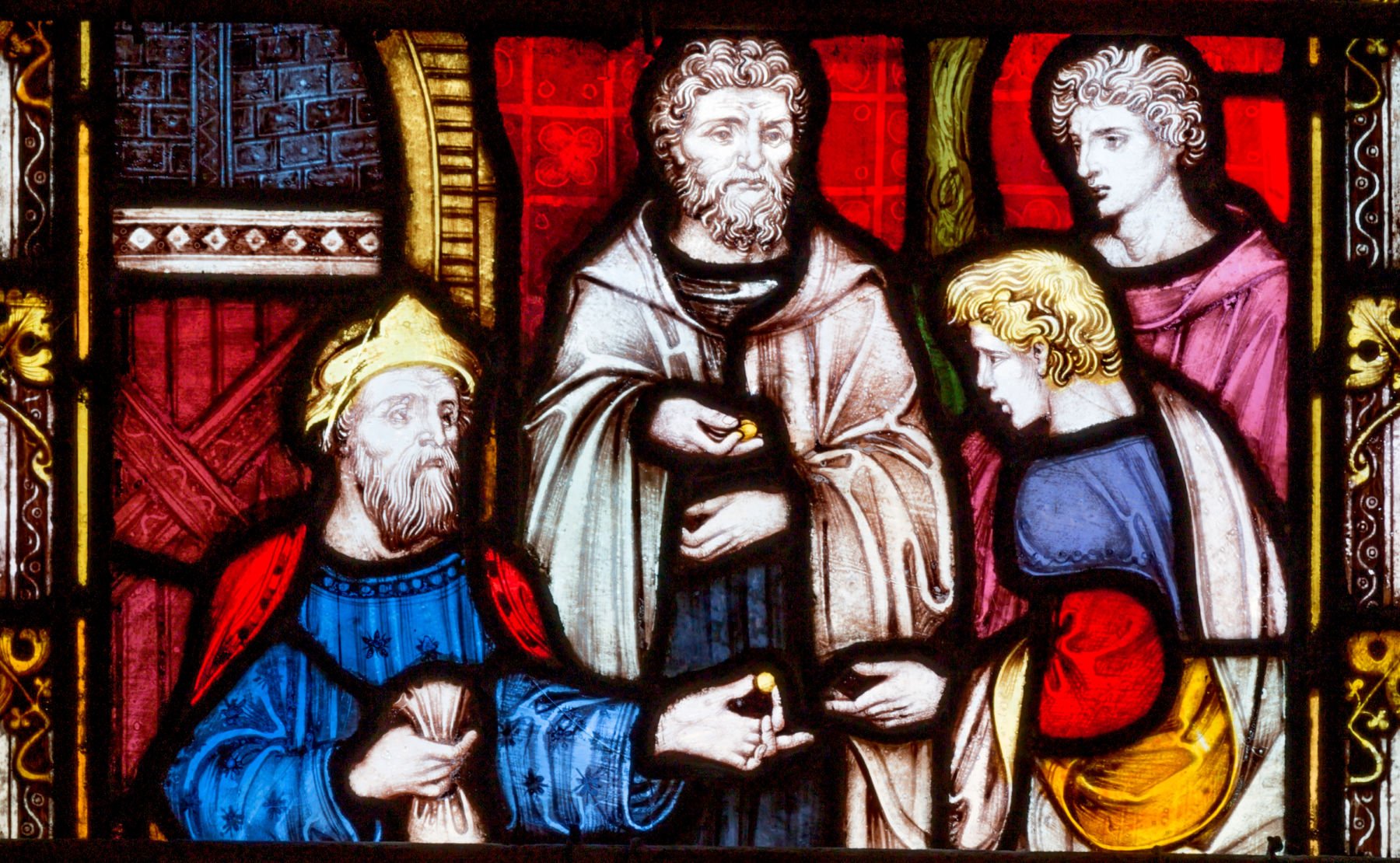Finding the Gospel in what Offends – 19 November 202
Matthew 25:14–30
This parable is probably a good opportunity to teach a bit about parables in general. The tendency for the casual reader is to compare the powerful figure in each parable with God. But clearly, the master cannot be equated with God. God is not a slave owner, a harsh man, or one who engages in shady dealings. The meaning of the parable must be sought elsewhere.
Pastor Richard Jeske, some years ago, taught workshops in which he challenged his hearers to interpret parables by finding the Gospel in them. He said that you would find the Gospel at the point in the story where you found yourself offended. That is, when the story began to go against the values of our society, values we have all internalized, and things are turned upside down, that is where you will find good news.
Those who worked boldly on behalf of the master, who took risks and trusted somehow in the mercy of this “harsh man,” were rewarded. The one who played it safe, who did not trust the master, lost out.
One is reminded of Martin Luther's famous “sin boldly, but trust God the more boldly still.” Taking chances on behalf of the Gospel is the way Jesus' followers participate in the kingdom. In our world today there is much going on that calls out for faithful followers of Jesus to take chances on behalf of the powerless and hopeless. The world says it is none of our business, let the authorities take care of it, do not get involved. The good news here is that we are free to be deeply involved in the world and we can trust God for the outcome. –– Judith Simonson
Zephaniah 1:7, 12–18
Time after time we try to avoid accountability. We forget that what goes around comes around. A society that ignores the needs of its poor, that rapes its environment, that continues to seek military rather than diplomatic means to resolve its difficulties, is hell-bent on destruction. Social disturbances, ecological emergencies, and depressing body counts are consequences very easily predictable.
When, as individuals, we live our lives in such a way that—despite our protestations to the contrary—our highest values are obviously the accumulation of more and more material goods, or the achievement of the highest level of success possible, or the pursuit of endless recreational experiences, it should come as no surprise when we experience that sense of ennui or meaninglessness that comes as the natural consequence of a self-absorbed life. –– James Gaughan
1 Thessalonians 5:1–11
Grace, the grace of forgiveness, the grace to love, is the free gift we have been given by Christ. . . . the gift we are to live and to share. It is the gift we are not to bury or hide. . . That is Paul's message to us this morning. “[F]or you are all children of light and children of the day; we are not of the night or of darkness. . .” As my mother might say, now pray for the courage to live that gift and to invest it. –– James Gaughan
Judith E. Simonson is an ordained minister in the Evangelical Lutheran Church in America.
James Gaughan is a retired UMC pastor living in Minnesota.
Homily Service 41, no. 4 (2008): 130–138.
